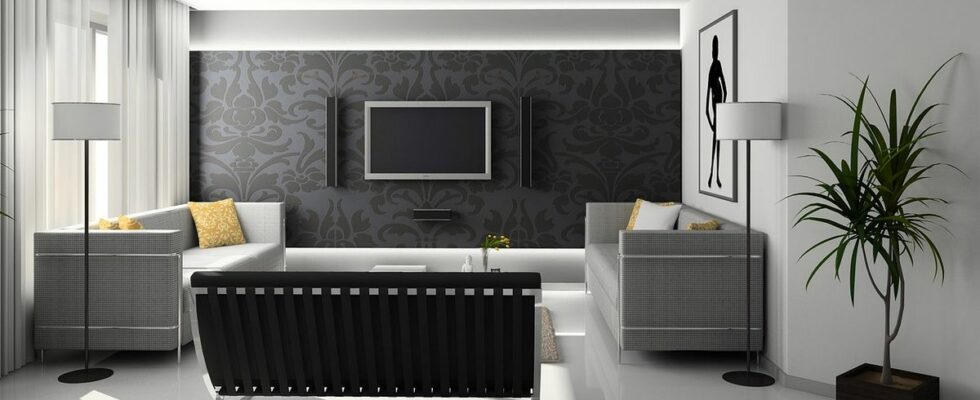The French did not wait for “the end of abundance” announced by Emmanuel Macron in August 2022 to reduce the sails. Minimalism – which could be summed up by consuming less by choosing more durable products – has established itself as a trend in France, especially in housing. The success of Marie Kondo’s books or dozens of Instagram accounts that explain in depth and depth how to sort, throw away, consume… bear witness to this. Even television got involved with the program “Détox ta maison, 7 jours pour tout ranger”, the first episode of which was broadcast on January 14 on TF1.
“It’s not just a fad, there is a real desire for more refined housing,” says Rémy Oudghiri, sociologist and director of Sociovion, the IFOP’s lifestyle study group. According to its surveys, 60% of French people feel the need to declutter their homes. After the glorious thirties and the advent of the consumer society, the 1990s of “hyperconsumption”, the sociologist has observed a profound change in society over the past ten years. “Covid-19 acted as an accelerator in 2020. People needed to sort, tidy up and get rid of,” he notes.
Minimalism, a trend or a constraint?
According to the followers of these principles and other “decluttering” influencers, living in a clean house has many virtues, starting with reducing stress. A kind of modern-day feng shui in sort. The professor of clinical psychology at the University of Lille, Stéphane Rusinek nevertheless refuses for the moment to make a link between happiness and minimalism: “To my knowledge, there is currently no study carried out on the scientific effect of refined housing on well-being. »
The very real inclination of the French for interiors purged of the superfluous would be more constrained by their environment. “Real estate pressure, especially in town, leads to living in smaller accommodation”, explains Rémy Oughiri, thus pushing to optimize spaces. According to INSEE, while detached houses have grown very slightly in recent years, apartments have lost surface area (-4% between 2006 and 2013). “We are also led to move more often and therefore to encumber ourselves as little as possible”, adds the sociologist, citing for example job changes or separations.
A not-so-simple trend adopted
This trend towards minimalism is also part of a more global trend. After decades of overconsumption, hoarding is no longer seen as progress. “There is an awareness of global warming and a feeling of guilt about consuming excessively, continues Rémy Oudghiri. Today, you have to have the goods that really matter. However, making this change is not easy for everyone. “Our brain has been working on rewards for millennia, specifies Stéphane Rusinek, a reward that many find in buying, sometimes compulsively. »
According to the psychologist, emptying your apartment of superfluous objects is not relevant for everyone. “Studies show above all that we need an interior that suits us. For a book lover, having dozens of books that he has already read and that he may never reopen can be good. This is valid for souvenirs, for collections…”

